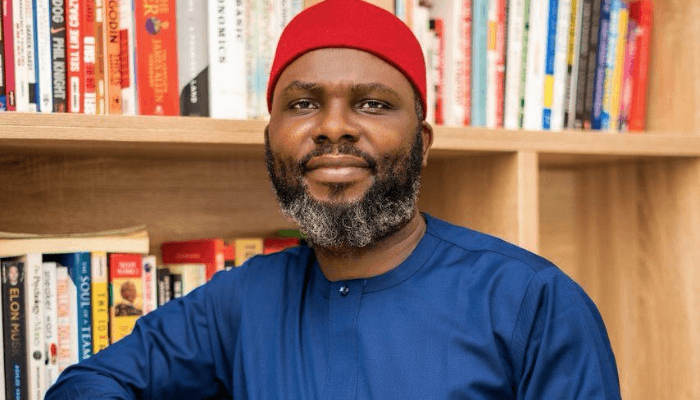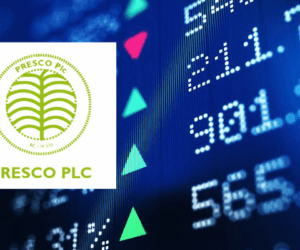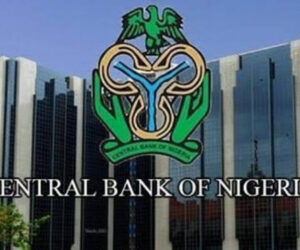With over 25 years of redefining industries and inspiring teams of 500 professionals, Ahmad Lawal stands out as a visionary leader driven by grit, innovation, and impact. As the MD/CEO of Lahmad Concepts and founder of the Lahmad Education and Aid Foundation, he has mastered the art of turning bold ideas into transformative solutions. Beyond building thriving enterprises, Ahmad is committed to empowering communities and championing small businesses. In this exclusive conversation with KENNETH ATHEKAME, he shares candid insights on government policies shaping SMEs and the real challenges entrepreneurs face in Nigeria today. Excerpts:
Growing up across different states in Nigeria, how did your early life experiences shape your entrepreneurial mindset?
I was born in Jos to Muslim, Yoruba parents and had the privilege of growing up across different northern states schooling in Kano, Jos, and Bauchi, with internships in Abuja and Gombe. That multi-city, multi-religious, multi-ethnic and multi-sector exposure gave me a truly diverse worldview. It taught me early on to approach issues with a wide lens, embrace different perspectives, and adapt quickly to qualities that have been invaluable in shaping my entrepreneurial mindset.
You studied Civil Engineering but ventured into industries like beauty, fashion, and hospitality. What influenced this diversification?
My entry into business started out of necessity. Survival pushed me to set up my first barbershop as a source of daily income. But along the way, I discovered that I had the energy and drive to do more. With a problem-solving mindset, I naturally began to see opportunities beyond survival, which inspired me to diversify into industries like food, fashion, and hospitality.
What inspired you to establish Lahmad Concepts Ltd, and how did you identify viable opportunities across so many sectors?
I’ve always had an entrepreneurial mindset, constantly generating solutions to challenges I observe around me. As the ideas multiplied, I saw the need to create a structured vehicle to house and drive them—this led to the establishment of Lahmad Concepts Ltd. Identifying opportunities across sectors has been about iterating success: providing simple, bankable solutions to complex problems and scaling that approach across industries.
With over 500 employees and operations in multiple states, what strategies helped you scale the company despite Nigeria’s challenging business climate?
I believe growth opportunities are often more abundant in challenging times. Our strategy has been to maintain a lean structure expanding only where and when necessary while reinvesting the bulk of our income back into the business. This disciplined approach has allowed us to scale sustainably across states despite Nigeria’s tough business climate.
How do you maintain operational efficiency across different businesses with unique demands?
It would surprise you to know that I don’t have an office. All of our businesses are run on WhatsApp by creating focus groups to run as departments and by minimizing meetings to the barest minimum possible thereby freeing up time for staff to actually get the work done
What would you describe as the biggest challenges facing Nigerian SMEs today especially in your sectors of operation?
The biggest challenges Nigerian SMEs face today include limited access to affordable finance and low levels of financial literacy. Added to that are multiple layers of taxation, a slow judicial process, and the absence of dedicated business arbitration laws that would better guide competition and partnerships. These issues collectively make it harder for SMEs to thrive, especially in dynamic sectors like ours.
have issues like infrastructure, policy changes, and foreign exchange volatility impacted your business decisions?
You have issues like infrastructure, policy changes, and foreign exchange volatility impacting your business decisions?
The absence of reliable power has significantly increased the cost of doing business energy now costs us more than rent and other utilities combined. Policy changes also make medium- and long-term planning very difficult. On the positive side, the recent stability of the naira has been a relief, and I know many business owners, myself included, are grateful for that stability.
What’s your perspective on government policies towards SMEs? Where do you see room for improvement?
I believe government policy should place stronger emphasis on entrepreneurship, particularly MSMEs as they remain the most effective tool for reducing poverty and strengthening the economy. There is room for improvement in creating proper business laws and perhaps a dedicated commercial court to fast-track business cases. Encouraging partnerships that can grow into globally competitive corporations would also be beneficial. In addition, tax incentives, forex support for raw materials and machinery, and selective customs duty waivers could ease pressure on SMEs. An annual review of items that should be produced locally rather than imported would further drive industrial growth and job creation.
How did you raise capital in the early stages of your business, and what advice would you give to entrepreneurs struggling with funding?
In the early days, I raised capital from multiple sources. I worked as a real estate agent and reinvested commissions from property sales, sold my car and even my uncompleted house, and also secured support through a loan from a close friend as well as a microfinance bank. It was really a combination of sacrifices and resourcefulness. My advice to entrepreneurs is to be creative and open-minded about funding sometimes it won’t come from one big cheque, but from piecing together different sources while staying disciplined and persistent.
Do you believe Nigerian SMEs are getting enough support from banks and financial institutions?
Not nearly enough. While it’s understandable that banks are profit-driven, they also have a responsibility to act as catalysts for economic growth. Unfortunately, interest rates remain too high for most SMEs, and even at that, access to credit is still very limited. For Nigeria to unlock the full potential of its SME sector, financial institutions need to strike a better balance between profitability and developmental impact. I believe that with the right reforms and intentional collaboration, banks can become true partners in driving SME growth and national development.









